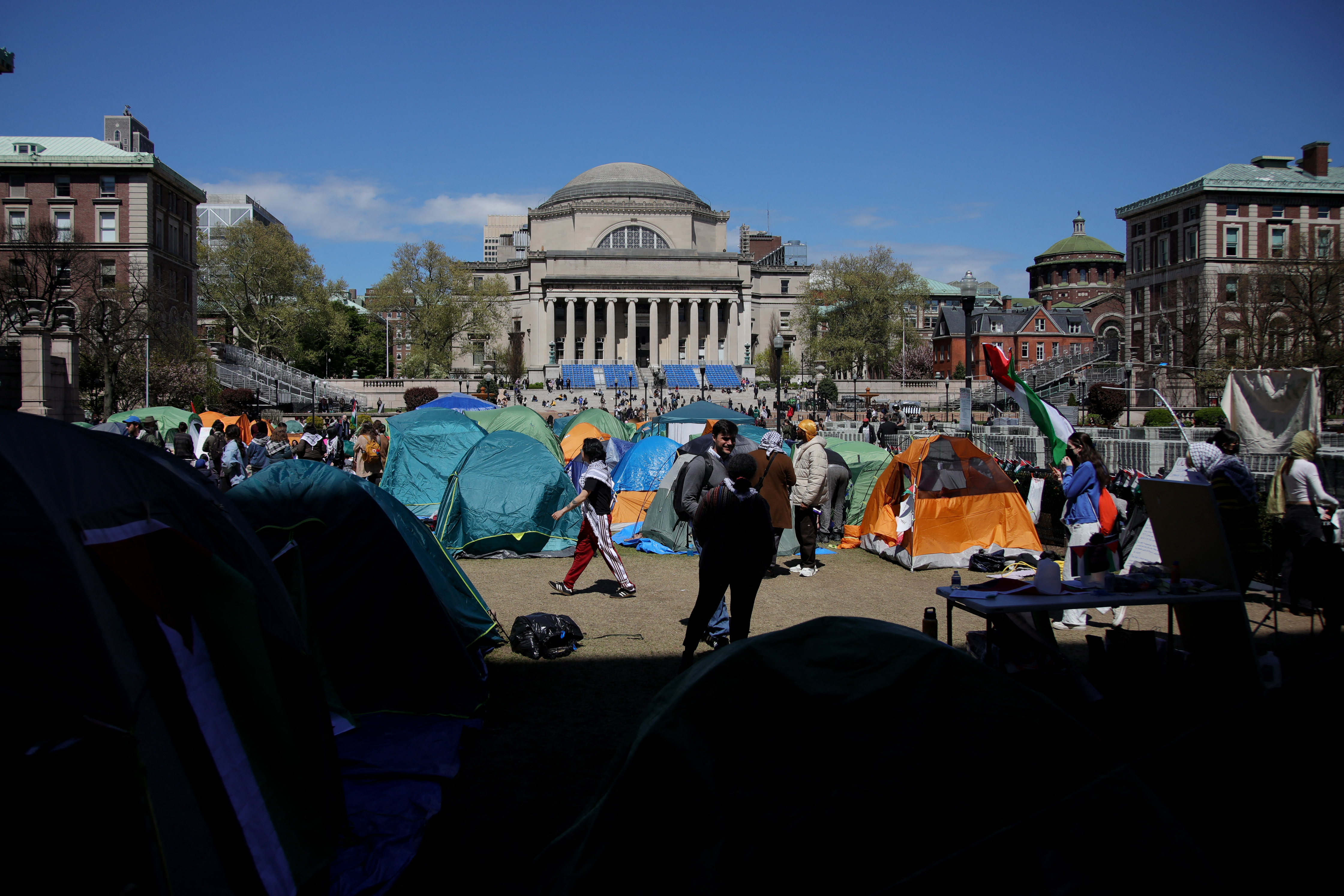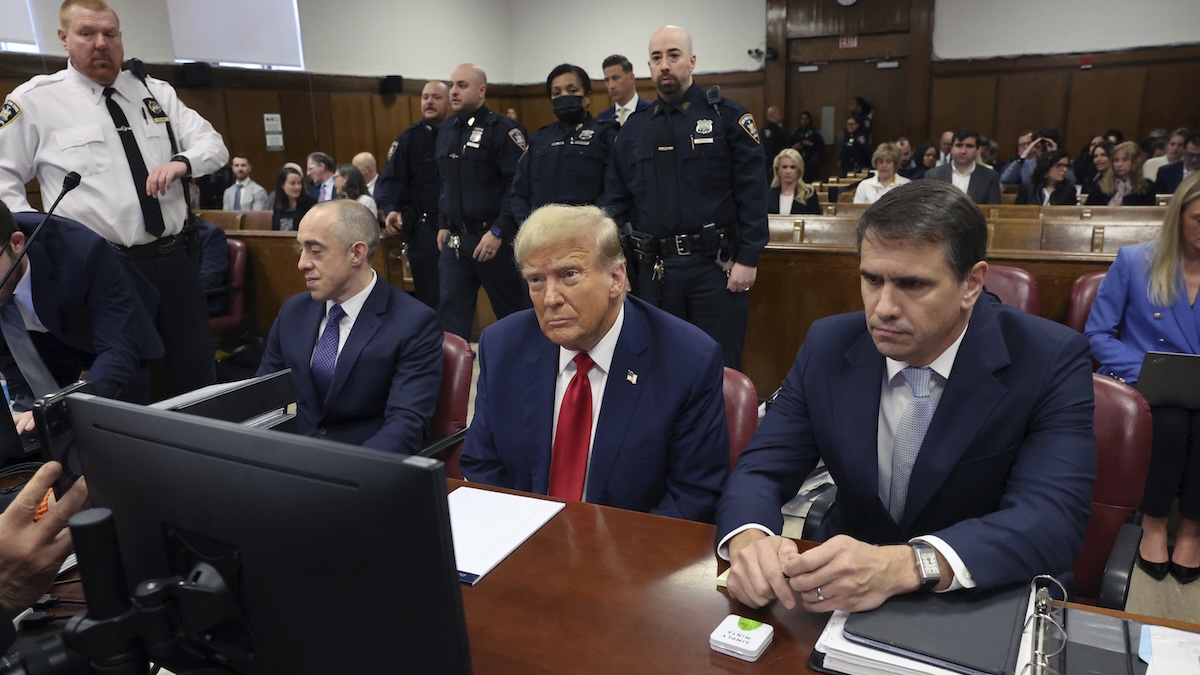Lawmakers in Albany passed a $229 billion spending plan that will increase the state’s minimum wage, tweak its bail laws and attempt to curb illegal and unlicensed marijuana shops.
New York Gov. Kathy Hochul signed the 10 bills into law Wednesday. Negotiations between the governor and her fellow Democrats who control the Legislature produced a deal earlier in the week that is packed with compromises, including many between the party’s left and center.
Under one of the bills, the minimum wage is set to increase to $17 in New York City and its suburbs, and $16 elsewhere in the state by 2026, with future hikes pegged to inflation. It is the first minimum wage increase in five years for the state.
"How about a pay increase for all New Yorkers, starting with raising the minimum wage," Hochul said Thursday to a crowd of several hundred at the Hotel Trades Union hall in midtown Manhattan.
Get Tri-state area news and weather forecasts to your inbox. Sign up for NBC New York newsletters.
Opponents of the wage increase said it could harm small businesses and family farms that were hurt financially during the coronavirus pandemic.
“We ask our leaders to look for additional ways to offset mounting labor costs as the new minimum wage will keep increasing in the coming years along with inflation,” the New York Farm Bureau, which represents farmers, said in a statement.
Lawmakers also approved a revision of the state’s bail law that will give judges more discretion to jail certain criminal defendants before trial unless they are able to come up with cash guaranteeing their return to court.
News
New York City Mayor Eric Adams, a former police officer, applauded those changes at a budget-related announcement with Hochul on Wednesday. He said his team met with the governor’s staff multiple times at the beginning of the budget process to push through the changes.
“The governor heard us, she brought her team together, and we were able to zero in on those who are repeat offenders and that is important,” he said.
Hochul insisted on the changes despite an outcry from some liberal Democrats who see it as partially rolling back changes approved in 2019 that eliminated pretrial incarceration for most nonviolent offenses.
State Senator Gustavo Rivera, a Democrat, criticized the bail changes.
“It is short-sighted, but not surprising, that the governor made another attempt to reform bail laws to further criminalize poverty instead of focusing on the services and economic justice we need for safer communities,” he said in a statement.
Another budget bill gives state regulators power to confiscate marijuana products from unlicensed pot shops, which have proliferated since the state legalized recreational marijuana.
The budget will also increase the state’s cigarette tax by $1, to $5.35, though lawmakers rejected Hochul’s proposed ban on menthol cigarettes.
For New York City, funds in the budget will improve the frequency of trains for the city’s public transportation system, as well as a pilot program that will give each of the five boroughs one free bus route. About $1.1 billion in annual funding for the Metropolitan Transportation Authority will come from a payroll tax increase on the city’s largest businesses.
But protests like the one seen recently at the Rent Guidelines Board meeting showed that wages alone can't erase economic anxiety. And the governor's budget did not deliver a promised "moonshot" of 800,000 new affordable housing unites.
"The failure of our leaders to address this preserves the status quo," said Logan Phares, the political director for Open New York, a grassroots group pushing for more housing.
But Hochul vowed there will be better news on the housing front in the months ahead.
"Let's take the time. There's things I can do by executive order, and there's state property I'm looking at," she said.
The votes came a little over a month past the initial April 1 deadline, with budget talks largely held up over the changes to the bail law and other policy issues. In New York, the state budget often serves as a vessel for passing major policy legislation.



